
Britain's Prince William on Sunday called on world leaders and businesses to take urgent action to protect the planet's oceans, saying it was a challenge "like none we have faced before."Speaking ahead of the U.N. Ocean Conference, which begins in France on Monday, William said rising sea temperatures
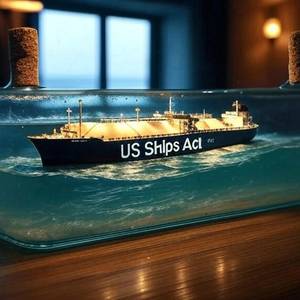
As a result of a major White House office wake-up call or Executive Order 14269 determining it is time to start building ships again, Washington DC announced America’s maritime industry has been “dangerously declining” and with that decline we have allowed China to become the dominant force in global shipbuilding.
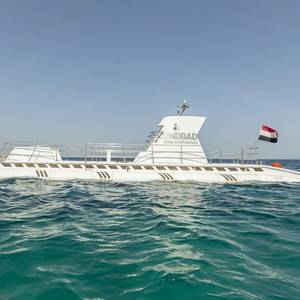
Six foreigners were killed on Thursday when a tourist submarine sank off Egypt's Red Sea resort city of Hurghada, the local governor's office told Reuters, without confirming the nationalities of the victims.The Russian consulate in Hurghada said the submarine, named "SINDBAD", had 45 Russian tourists on board in addition to crew members.
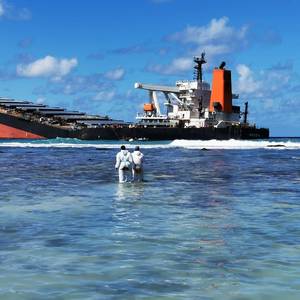
Three years after bulk carrier MV Wakashio ran aground on a coral reef off Mauritius, spilling 1000 tons of a new type of marine fuel oil, Curtin University-led research has confirmed the oil is still present in an environmentally sensitive mangrove forest close to Ramsar conservation sites.Lead researcher Dr.
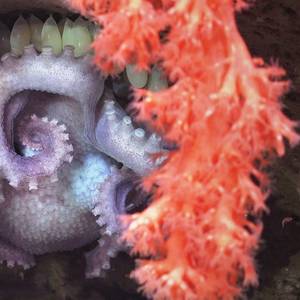
First High-Tech Exploration of Argentina’s Mar del Plata Canyon, Schmidt Ocean Institute’s Remotely Operated Vehicle SuBastian shines light on an offshore canyon in Argentine waters nearly twice as deep as the Grand Canyon — capturing images and video of 40 suspected new species, coral fields, and a seastar that resembled a famous cartoon character.
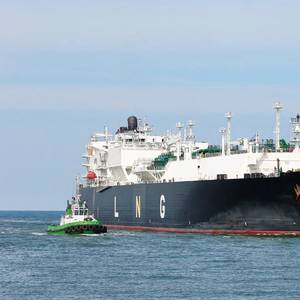
The development Argentina’s vast Vaca Muerta share is transforming the nation into a rising energy exporter, with oil and pipeline gas already flowing abroad and an ambitious multi-phase ‘Argentina LNG’ initiative aiming to secure a permanent place in the global liquefied natural gas (LNG) market.

A key U.S. warship arrived in Australia on Saturday ahead of joint war games and the first summit between Prime Minister Anthony Albanese and President Donald Trump, which is expected to be dominated by military issues.The America, the U.S. Navy's lead amphibious assault ship in the Indo-Pacific, entered Sydney Harbour as the first of three ships in a strike group carrying 2
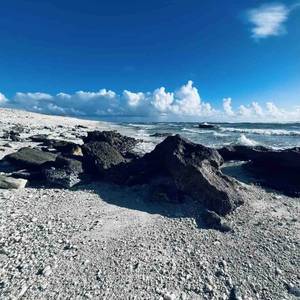
Fugro has been chosen by Jacobs to conduct a nearshore site investigation on Wake Island, a remote US territory located in the central Pacific between Hawaii and Guam. The isolated coral atoll serves as a key logistical and transport hub for the US Navy’s activities in the Indo-Pacific.
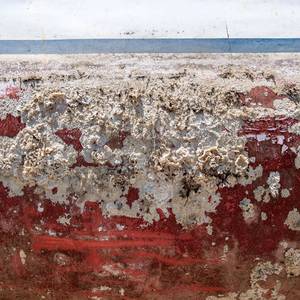
Petrobras obtained approval from the country's environmental agency to clear corals from the underside of the drilling vessel it plans to use in the Foz do Amazonas region, Reuters reports. Its February 10 request was granted on Monday for the vessel the state-run firm will send to drill off the coast of the northern Amapa state if it obtains a long-sought license to explore the environmentally
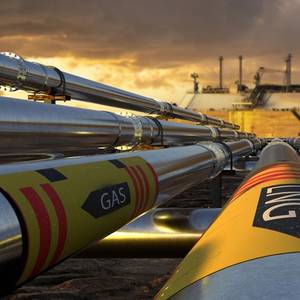
Germany is expanding its natural gas import options to replace Russian supply, a drive intensified by the latest suspension of Russian flows via Ukraine and U.S. President Donald Trump targeting Europe with liquefied natural gas exports.Plans also include shore-based regasification terminals and facilities to import and produce ammonia and green hydrogen under decarbonization strategies.

Germany is expanding its natural gas import options to replace Russian supply. Following are updates on key facilities and terminals being developed to host floating storage regasification units (FSRUs) to receive seaborne liquefied natural gas (LNG). Plans also include shore-based regasification terminals and facilities to import and produce ammonia and hydrogen.
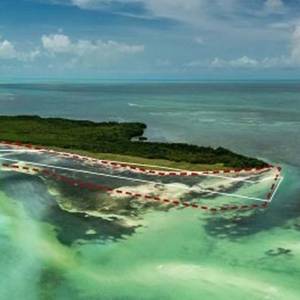
After more than a decade of collaboration with cooperating agencies, community experts and public input, NOAA today released the final management plan and environmental impact statement for Florida Keys National Marine Sanctuary.The documents outline NOAA’s regulatory recommendations and mark a critical milestone in the most comprehensive public process to restore the Florida Keys’ delicate